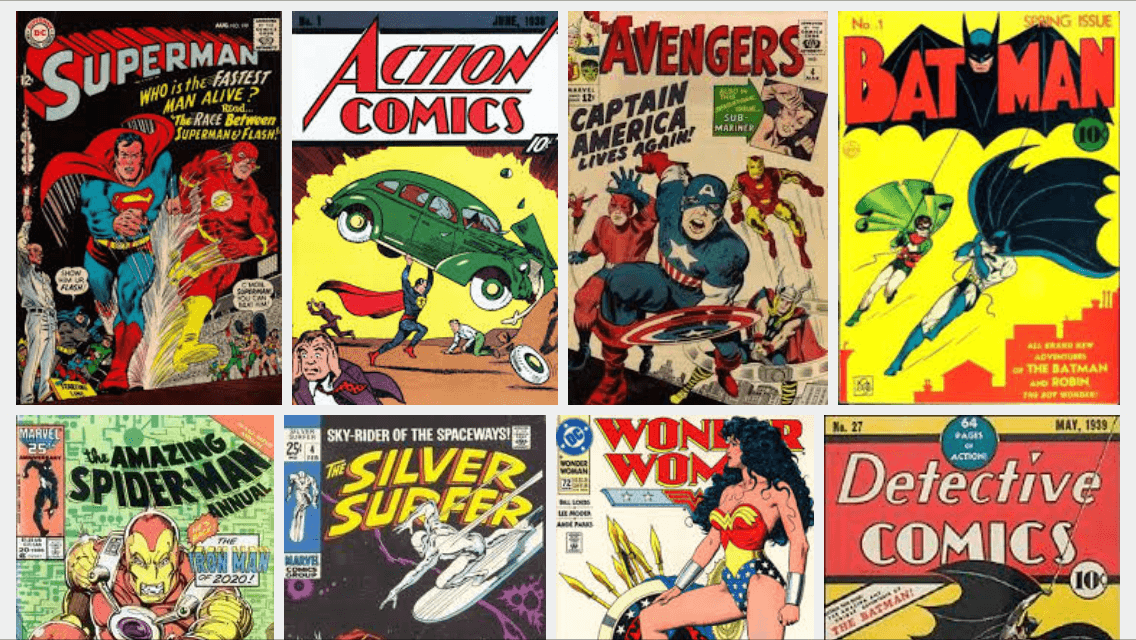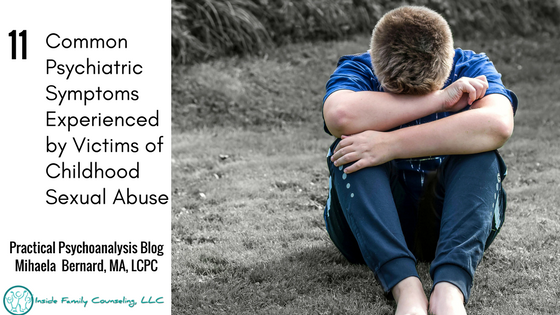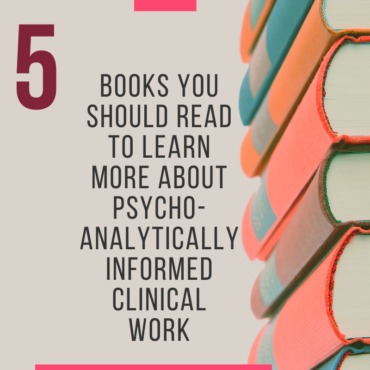Do you remember when you were a kid and fantasized about possessing superpowers? It can be quite empowering for a young boy or girl to dream about being a superhero(ine), especially when feeling small, helpless or inadequate. And haven’t many of us felt similar ways as children, surrounded by what seemed like super powerful adults, bigger kids or bullies?
Spiderman, Superman, Batman, Captain America, Catwoman, Wonder Woman, Invisible Woman…the list goes on. Between DC and Marvel Comics, there are over two hundred superhero characters to choose from. Some are more popular than others, some fight crime, others fight supervillans of supernatural sorts. But they are all unique and vulnerable in one way or another, and share common human faiths that children can easily identify with.
Spider-man was bullied at school, Superman was adopted, Batman’s parents were killed when he was a kid; Catwoman’s childhood was tragic too – her mother committed suicide when she was a little girl and her father drank himself to death shortly afterwards. They all have experienced a human hardship and find strength in their supernatural powers to fight against it.
In therapy, in order to get to know a kid, I often ask them who is their favorite superhero. Then, I ask them who is their favorite supervillan. We spend time talking about or playing with superheroes. See, there is a certain power to superheroes in therapy – they occupy a special place in the fantasy world of children, particularly of pre- adolescent boys, and create the playing field for the therapeutic relationship. We talk while playing, if that makes sense.
Superheroes embody strength, resilience, wits, power and charm – all qualities many boys would like to possess. Play comes spontaneously to children and is often a way for them to speak about their internal hopes and wishes. As therapists, we know to listen to this play and to treat it similarly to the way we listen to adult patients’ associations.
Children’s fantasies serve as ways to cope with the challenges life presents them with – dealing with evil, battling crime, winning the heart of the loved one, growing up as a hero versus villain. All important skills to have not only for children but also for adults.








